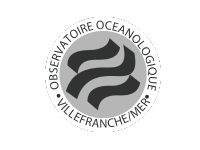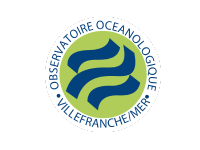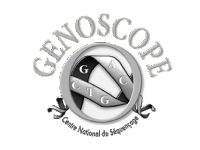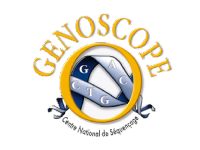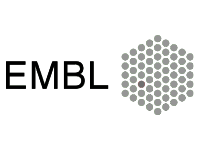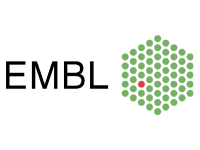
You are here
Innovation, valorisation & communication
Work-Package 8 description
Objectives
This part of the project focuses on the dissemination of knowledge generated by the project. This transfer of knowledge is aimed at a broad spectrum of society: academic research is of course concerned but the project also aims to build links with industry, policymakers at local, national and European levels and finally the general public.
The Tara-Oceans expedition, an ideal mean of communication
The Tara Oceans expedition has proved to be an ideal means of communication to educate audiences on the importance of marine plankton and biodiversity. In order to continue the exploitation of this potential for the scientific community and society, OCEANOMICS is principally orienting its outreach towards the establishment of strong relations between research teams and the private sector.
This Working Group is coordinated by Romain Troublé, Managing Director of Tara Expeditions and it involves the UMR 7144 and FR 2424 of the Roscoff Biological Station, the Oceanographic Laboratory of Villefranche sur Mer, the Foundation for Research on Biodiversity (FRB), and 3 competitive clusters -- Mer Bretagne Atlantic; Mediterranean Sea; Industry and Agro-Resources (IAR). The first task is now coordinated by Damien Guiffant, OCEANOMICS project manager.
Valorisation and innovation platform – Task 8.1
This task is performed by 3 competitive clusters (Mer Bretagne Atlantic; Mediterranean Sea; Industry and Agro-Resources) and is now coordinated by Damien Guiffant, OCEANOMICS project manager.
Knowledge of microorganisms and the commercial use of these bioresources is part of the thematic interests of the competitive clusters cited above. Potential applications can be imagined in the following areas: renewable energy, aquaculture, green chemistry, molecules with high added value for nutraceuticals, cosmetics and pharmaceutics, environmental auditing and monitoring the impact of human activities on the marine environment.
OCEANOMICS is counting on these competitive clusters to identify market opportunities and create links between the project partners and businesses that may be relevant for technology transfer.
Such a targeted approach will include, among others, an organized annual meeting which will take stock of the technological advances developed under OCEANOMICS and promote the establishment of new collaborative research and development projects by identifying promising innovative sectors and the human and financial needs of businesses.
Scientific outreach - Task 8.2
The scientific results generated by the consortium members will be disseminated through the usual communication channels such as peer-reviewed publications, participation in national and international conferences and communicated via the project’s website or those of partners.
The visibility of data and knowledge will also be enhanced by the link between OCEANOMICS and ECOSCOPE, the French network of biodiversity research observatories. Integrated into the international network GEO-BON (Group on Earth Observations Biodiversity Observation Network), the ECOSCOPE is responsible for optimizing the provision of information on biodiversity to end users. A close link is established between the data warehouse OCEANOMICS (Task 1.1) and the ECOSCOPE portal to increase, over time, the visibility of this connection to the widest audience.
Public outreach – Task 8.3
The Tara Oceans consortium had set up a very effective communication strategy to target the general public throughout the expedition. Under the direction of Tara Expeditions, this strategy has continued beyond raising awareness on the role of plankton by promoting the interpretation of results related to the biological samples collected during Tara Oceans. Particular emphasis has been placed on involving students in various projects based on methods and educational tools developed in relation to Tara and OCEANOMICS.






